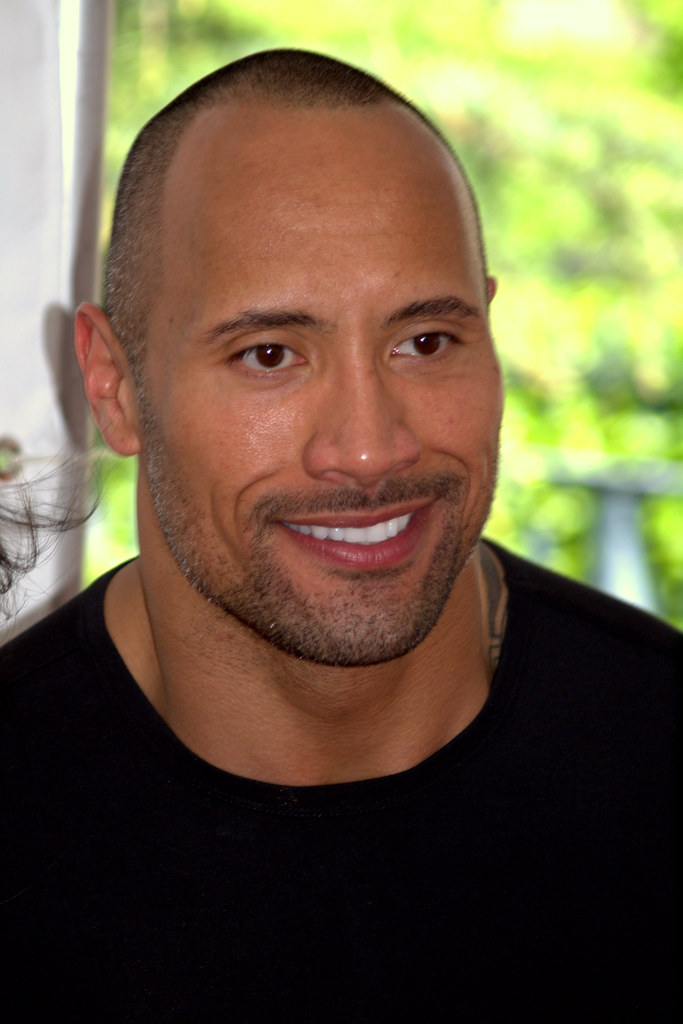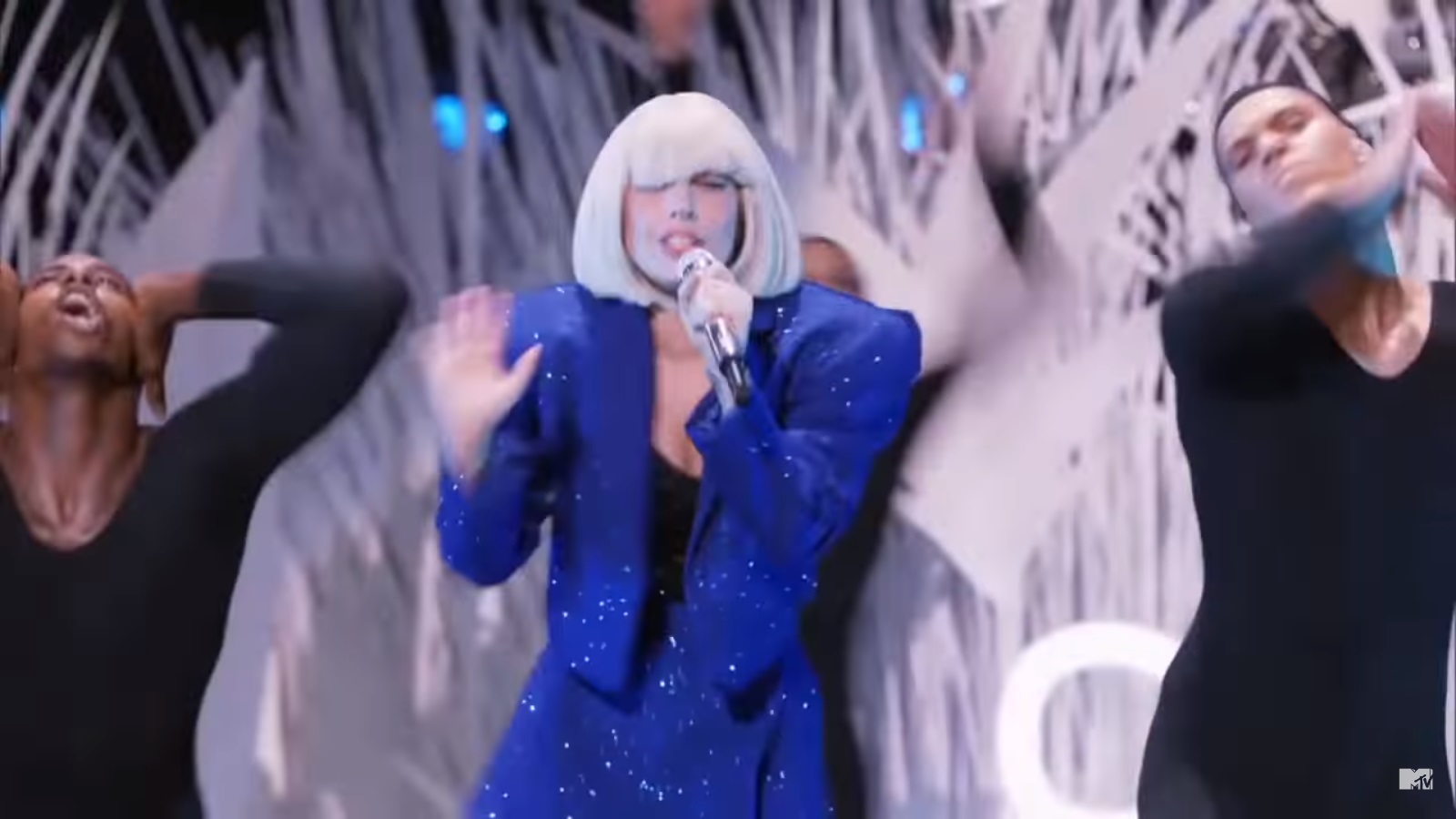
Emily Deschanel, a name synonymous with the sharp-witted forensic anthropologist Dr. Temperance Brennan from the long-running Fox procedural ‘Bones,’ disappeared from the Hollywood landscape for two years after the show’s conclusion in 2017. For many, this quiet hiatus remained a mystery, a rare pause in the relentless pace of a successful acting career.
Yet, the story behind her break is far from silent. It’s a compelling narrative woven from the threads of immense professional pressure, deeply personal struggles, and a profound journey through the often-unseen toll that sustained stardom can exact. Her recent candid revelations, shared on David Duchovny’s ‘Fail Better’ podcast, shed a revealing light on the intense challenges she faced, particularly during the formative first season of ‘Bones.’
This in-depth exploration will unpack the critical factors that not only brought Deschanel to the brink during her tenure on ‘Bones’ but ultimately informed her decision to step back entirely from the limelight, offering a rare glimpse into the demanding reality behind the glamour of a beloved television series.
1. **The Insane Demands of Network Television: A Relentless Grind** The world of network television, particularly a successful procedural, operates on a rhythm that few outside the industry truly comprehend. Emily Deschanel’s experience on ‘Bones,’ a series that aired for 12 seasons and 246 episodes, perfectly illustrates this relentless grind. She explicitly stated, “We were working insane hours, longer than just a normal series,” detailing typical days that stretched from “14- to 16-hour days.”
This grueling schedule wasn’t a temporary sprint but a sustained marathon, year in and year out. The sheer duration of ‘Bones’ meant that Deschanel, like many network stars, committed over a decade of her life to these demanding conditions. This stands in stark contrast to film shoots, which, while intense, typically last for several months rather than a continuous cycle.
Even seasoned actors, like Sylvester Stallone, have described the reality of making a television series as “brutal,” underscoring the unique and intense pressures involved. For Deschanel, these ceaseless demands were a foundational element of the stress that would eventually permeate her experience, laying the groundwork for the challenges that followed.

2. **The Grueling Task of Memorizing Lines: A Battle Against Exhaustion** Beyond the sheer number of hours, the intellectual and cognitive demands of playing Dr. Temperance Brennan were immense. Deschanel’s character was a forensic anthropologist, meaning her dialogue was often laden with complex scientific and medical jargon. This required a monumental effort in memorization, a task that became increasingly difficult under the strain of her schedule.
She recounted, “Then I had to memorize the lines. So I’d be staying up late [at] night memorizing lines.” This meant that after a full day of filming, her work was far from over, extending late into the night. The lack of adequate rest compounded the difficulty, creating a vicious cycle.
The struggle manifested visibly on set. Deschanel described her attempts to recall lines the next day: “I’d come to set and I would be trying to remember the lines… that I had memorized the night before, and then I had them in my head and couldn’t remember them.” This internal battle with memory, exacerbated by extreme fatigue, was a constant source of stress.
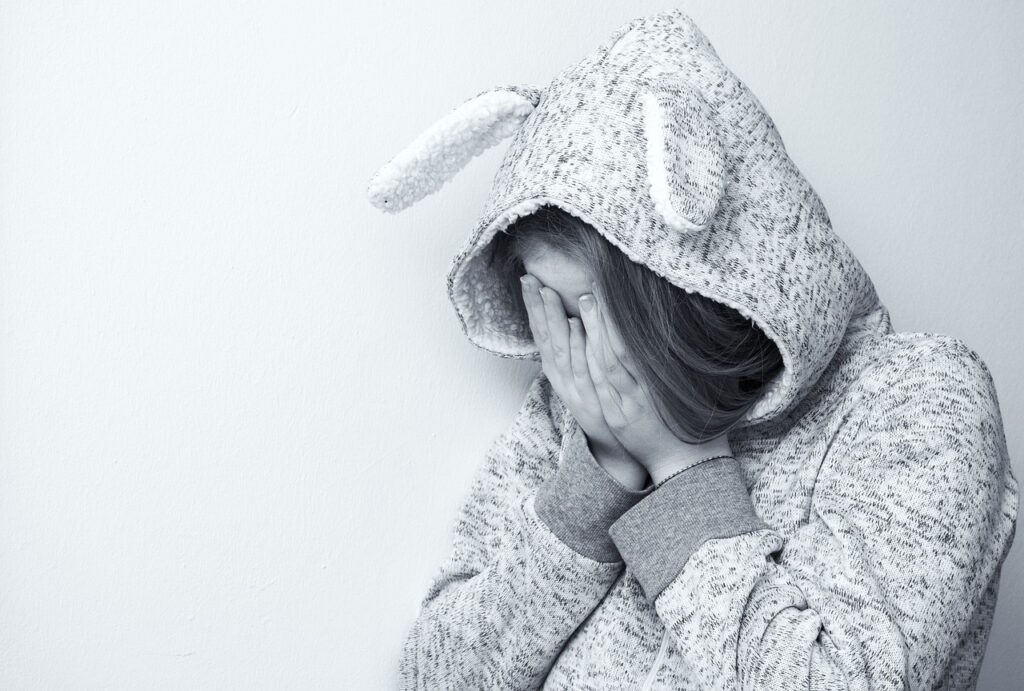
3. **Emotional Toll and Burnout on Set: Crying in the Bathtub** The combination of insane hours and the pressure of memorizing complex lines took a severe emotional toll on Deschanel. She spoke with raw honesty about her state of mind during the first season of ‘Bones,’ describing herself as “so overwhelmed” by the constant demands. Her coping mechanism, a grim nightly ritual, became a stark indicator of her distress.
“I would joke that I would go home and just cry in a bathtub every night because I was just so overwhelmed,” she confessed. While delivered as a jest at the time, this anecdote now serves as a poignant illustration of the profound emotional exhaustion she was experiencing. It paints a picture of a fragile person battling intense stress in isolation.
Deschanel further elaborated on her state, stating, “I mean, I was a wreck. I took it so hard. I was such a fragile person at the time. I got hardened up doing that show for so long. I was not sleeping, I was so stressed out.” This period of intense vulnerability and emotional upheaval would profoundly shape her initial years on the show.

4. **The Studio’s Harsh Critique: “Late and Unprepared”** The pressures culminated in a critical incident that brought Deschanel’s struggles into sharp, painful focus. One day, caught in traffic, she arrived 30 minutes late to set – an understandable delay for many, but a critical lapse in the high-stakes environment of a television production. This incident prompted an unusual visit from series creator Hart Hanson.
“Hart knocked on my trailer door, which was not a usual thing, he wasn’t knocking on my door often,” she recalled. The conversation that followed was direct and devastating. Hanson took her aside to deliver a message from the studio: “The studio has concerns about your work. They said that I was late and unprepared.”
This critique, though rooted in a single late arrival, struck deep. Deschanel admitted, “That to me — I get emotional just thinking about it now because it was probably shame.” The accusation of being “late and unprepared” was a profound blow to someone already teetering on the edge of burnout, amplifying her internal turmoil and feelings of inadequacy.
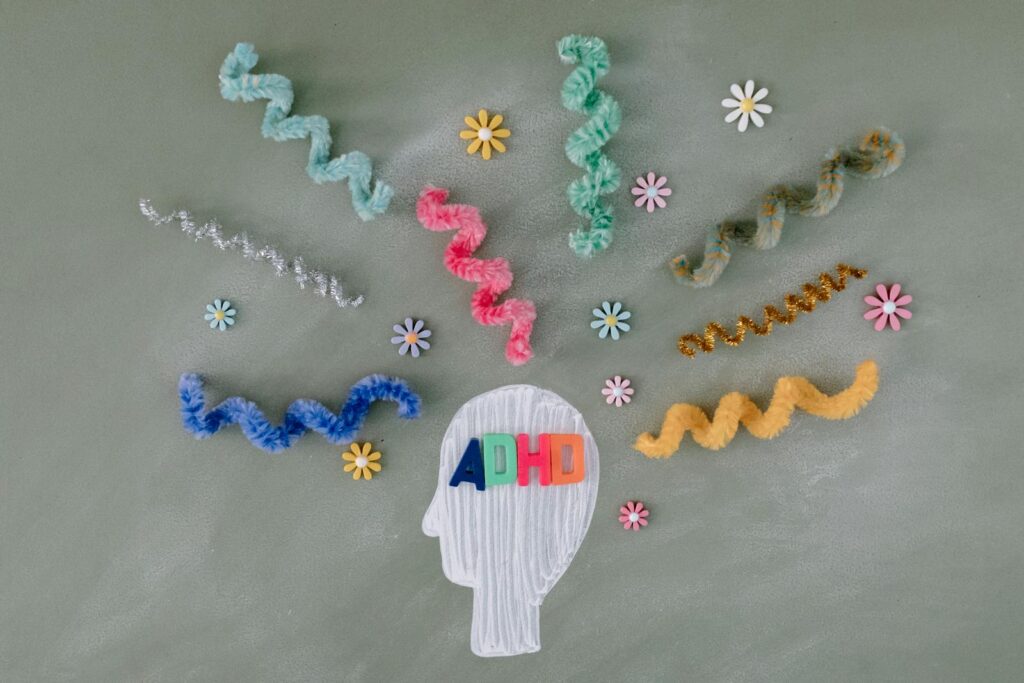
5. **A Fragile State: ADHD, Dyslexia, and Mounting Anxiety** Underlying Deschanel’s struggles with memorization and overwhelm were specific neurological realities that compounded the pressure. As revealed in her personal history, Deschanel was diagnosed with ADHD and dyslexia in elementary school. These conditions, while manageable, inherently add an extra layer of difficulty to tasks like absorbing and recalling large volumes of complex dialogue under tight deadlines.
For an actress tackling “dense medical jargon” for hours on end, ADHD and dyslexia would have intensified the cognitive load, making the act of memorization and on-set performance far more taxing than it might be for others. This insight provides crucial context to her earlier admissions of staying up late and struggling to remember lines, highlighting a hidden battle.
Furthermore, Deschanel’s account of experiencing a “tightness in her chest” and being “unaware the tightness in her chest were panic attacks” speaks to the intense anxiety she was experiencing. She described “watching the room close in,” a vivid image of the overwhelming stress. Her disclosure lands amid a wider industry discussion about mental health, underscoring the importance of understanding the internal struggles performers face.”
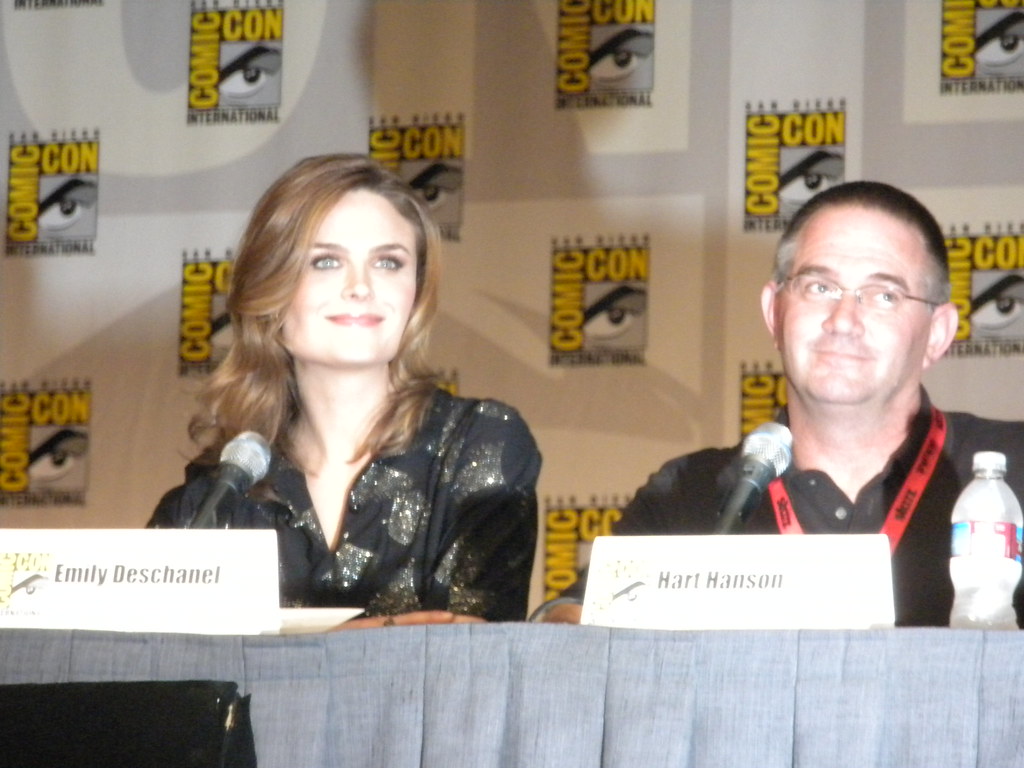
6. **The Immediate Aftermath: Studio Support and Personal Resolve**The direct confrontation from creator Hart Hanson, while initially devastating, proved to be a pivotal turning point, not an end. Rather than dismissing her struggles, the studio, through Hanson, seemed to acknowledge the immense pressure Deschanel was under, especially in light of her burgeoning star power. This candid discussion catalyzed a crucial shift in her working conditions, a testament to the fact that even in the high-stakes world of network television, support systems can emerge from unexpected corners. Hanson, a “good one” as Deschanel fondly recalled, took proactive steps to alleviate some of the immense burden she was bolstering.
Practical adjustments were swiftly implemented, creating a more supportive environment that acknowledged her unique challenges. Deschanel revealed that Hanson “helped me find ways to be better, get my job done in terms of learning my lines and remembering them.” This assistance included tangible benefits such as a larger trailer, which offered a much-needed sanctuary from the ceaseless activity of the set, and crucially, a quieter rehearsal space. These seemingly small changes provided her with the peace and focus required to tackle the “copious amounts of dialogue” that were a hallmark of Dr. Brennan’s character.
Beyond physical space, more fundamental operational changes were introduced. Deschanel was allotted more downtime, allowing her precious moments to rest and recuperate, alleviating the relentless pressure of staying up late to memorize lines. A line coach was also provided, offering expert guidance and support in mastering the complex scientific jargon. These crucial accommodations, particularly for her underlying conditions like ADHD and dyslexia, became the comprehensive support system upon which Deschanel rebuilt her confidence and stamina.
The conversation with Hanson instilled in Deschanel an unwavering commitment to her craft. She admitted, “afterwards, she “made sure to always be on time,” transforming a moment of vulnerability into a catalyst for renewed professionalism. It’s a powerful narrative of resilience, demonstrating how a critical feedback loop, handled with empathy and solutions, can fortify a performer. This resolve, paired with new support structures, allowed her to navigate subsequent ‘Bones’ years with a renewed sense of capability and control, proving instrumental in the show’s long-term success.
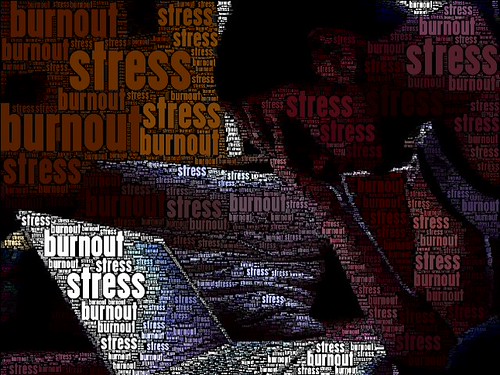
7. **The Lingering Shadow: Burnout After a Decade**The immediate support and Deschanel’s renewed commitment ensured that ‘Bones’ not only continued but thrived, ultimately spanning an extraordinary 12 seasons and 246 episodes, from 2005 to 2017. This longevity, while a monumental achievement in television, meant that the initial “insane hours” and “relentless grind” became a sustained reality for over a decade. It was a commitment that few actors experience, tying a significant portion of her adult life to a demanding, high-pressure environment. The series outlasted “three U.S. presidential administrations” and even saw her co-star David Boreanaz achieve similar endurance, moving from “Buffy the Vampire Slayer” to “Angel” and then directly into “Bones” before transitioning to “SEAL Team.”
This extensive period of sustained, high-intensity work is a unique beast within the entertainment industry. Film shoots, while often grueling, are typically confined to “several months,” offering a clear end in sight and a period for recovery. Network television, however, demands the same “12 to 16-hour days” “year in and year out,” a “brutal” reality even for action movie veterans like Sylvester Stallone, who described the experience of making a television series as uniquely taxing. For Deschanel, this meant a cumulative exhaustion that, while managed through the years with Hanson’s help, never truly dissipated but rather built up, layer by layer, over more than a decade.
By the time ‘Bones’ concluded its remarkable run in 2017, the physical and emotional reserves of its lead actress were profoundly depleted. While her co-star, David Boreanaz, demonstrated an almost superhuman capacity for continuous work, Deschanel’s experience was distinctly different. Her confession that “that was the last thing I wanted to do after finishing ‘Bones'” speaks volumes about the depth of her fatigue.
Her experience sheds light on the often-unseen side of long-running television success. While audiences celebrate the consistency and familiarity of beloved characters over many years, they rarely grasp the personal cost to the actors embodying them. The expectation to immediately jump into another project, a common trajectory in Hollywood for in-demand talent, was simply not an option for Deschanel. Her body and mind were signalling an undeniable need for profound rest and recalibration, a testament to the very real and pervasive phenomenon of burnout within even the most glamorous professions.
8. **The Conscious Pause: Prioritizing Family and Well-being**In a powerful and increasingly common act of self-preservation, Emily Deschanel made the conscious and deliberate choice to step away from the relentless churn of Hollywood after ‘Bones’ concluded. She took “almost two years off from working as an actor,” a significant hiatus in an industry where momentum is often seen as paramount. This wasn’t a casual break but a necessary retreat, a purposeful disentanglement from the very machine that had defined her professional life for so long. During this period, her only professional engagement was a brief voice cameo as herself in a 2018 “Simpsons” episode, a stark contrast to her previous schedule.
Her reasons for this prolonged absence were deeply personal: profound burnout and an urgent desire to reconnect with her family. “Honestly, I was burned out,” she confessed, echoing the intense emotional and physical exhaustion she had experienced even during the show’s nascent stages. This was not merely fatigue but a systemic depletion that demanded a comprehensive recovery period, far away from the pressures of a set and the glare of the public eye.
Equally significant was her yearning for dedicated family time. “I wanted that time with my kids,” she stated, highlighting a common struggle for parents in demanding careers, especially in entertainment. The rigorous schedule of ‘Bones’ meant countless hours away from her two sons, born in 2011 and 2015. This hiatus provided an invaluable opportunity to immerse herself fully in motherhood, reclaiming precious, irreplaceable moments that a relentless production schedule often steals. It was a conscious choice to prioritize domesticity and personal connection over professional advancement.
Deschanel openly acknowledged the privilege inherent in her ability to take such a significant break, stating, “I’m lucky enough that I don’t have to take every job, and my husband [David Hornsby] works, as well. So, I’m in a really privileged, wonderful position.” This self-awareness is crucial, as it underscores that while her burnout experience is relatable, the capacity to address it so comprehensively is not universally accessible. Her husband, David Hornsby, an actor and writer for “It’s Always Sunny in Philadelphia,” provided a stable foundation, allowing her the freedom to prioritize her mental health and family without immediate financial pressure. This acknowledgment adds depth, placing her story within a broader socio-economic context often overlooked in celebrity narratives.

9. **A Legal Battle Behind the Scenes: The Fight for Fair Compensation**While Emily Deschanel navigated the personal aftermath of a demanding television career, a significant legal battle was simultaneously unfolding, casting a long shadow over the show’s financial success. In 2015, while ‘Bones’ was still in production, Deschanel, alongside co-star David Boreanaz, author Kathy Reichs (whose novels inspired the series), and executive producer Barry Josephson, initiated a lawsuit against Fox. The core of their claim was that they were “cheated out of their share of series profits,” a familiar contention in Hollywood where intricate accounting practices can obscure true earnings from successful projects.
This litigation brought to light the often-complex and contentious financial agreements underpinning lucrative television productions. Plaintiffs argued Fox engaged in self-dealing, leveraging its corporate structure to keep profits low for talent while maximizing returns for its own studios. Such disputes highlight industry power imbalances, where even lead actors in successful shows fight for their rightful share of immense profitability.
The legal proceedings took several dramatic turns. In February 2019, an arbitrator initially awarded the plaintiffs a staggering $179 million, a sum that included “$128 million in punitive damages, $32 million in compensatory damages, $10 million in prejudgment interest and more than $9 million in fees and costs.” This monumental award was seen by many as a landmark decision, sending a clear message about unfair business practices. However, this victory was short-lived. In May 2019, the Los Angeles Superior Court voided the punitive damages, a setback that underscored the formidable legal resources and complexities involved when challenging major studios.
Ultimately, the protracted legal skirmish concluded in September 2019 with an “undisclosed settlement.” While the exact terms remain confidential, the mere act of pursuing and achieving a settlement in such a high-profile case speaks volumes about the perceived validity of their claims and the industry’s recognition of the need for resolution. This legal saga, unfolding against the backdrop of Deschanel’s personal recovery, subtly contributed to the broader narrative of her experience, revealing that pressures on a star extend far beyond the acting itself, delving into the very financial structures that dictate their professional lives.
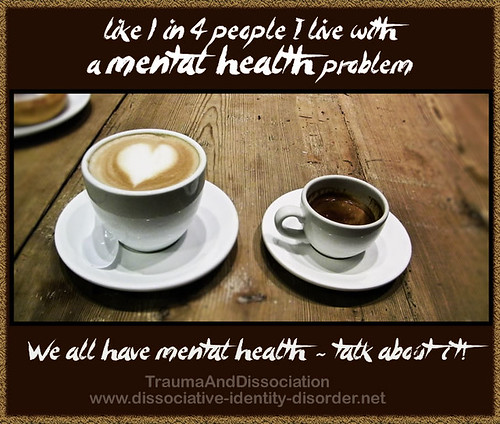
10. **Sparking a Wider Conversation: Mental Health in Hollywood**Emily Deschanel’s candid revelations on David Duchovny’s ‘Fail Better’ podcast ignited a crucial dialogue about mental health and punishing work schedules in Hollywood. Her openness about panic attacks, chronic stress, and burnout validated countless others, transforming her individual experience into a call for introspection and change within a culture often prioritizing stoicism over well-being.
Her disclosure landed at a critical juncture, amplifying an “already wider industry discussion about mental health and punishing work schedules.” Recognizing the systemic nature of these challenges, the performers’ union has stepped up, highlighting essential resources such as “free counseling and a 24/7 wellness hotline for members.” This collective acknowledgement signifies a slow but crucial shift in industry awareness, moving beyond individual blame to systemic solutions, particularly as job insecurity intensifies anxiety across Hollywood crews.
Deschanel’s experience also found echoes in the stories of other industry figures, like actor-writer Mark Duplass, who “recently described similar struggles, saying openness about depression has strengthened his relationships and career prospects.” This growing chorus of voices, sharing personal vulnerabilities, is collectively chipping away at the stigma traditionally associated with mental health issues in a demanding profession. Their bravery in transparency creates a ripple effect, encouraging a culture where seeking help is seen as a strength, not a weakness.
Looking towards the future, Deschanel hopes her story will inspire concrete policy changes within the industry. She advocates for studios to “adopt shorter shoot days and proactive mental-health check-ins,” believing that “early intervention can keep performers from ‘watching the room close in’ as she once did.” Her vision is not just about individual coping mechanisms but about fundamental structural reforms that prioritize the well-being of cast and crew. This proactive stance positions her not just as a survivor but as an advocate for a healthier, more humane working environment for future generations of artists.
The outpouring of support following her podcast appearance, with “thousands of supportive comments beneath the podcast’s YouTube clip,” underscores the widespread resonance of her message. It proves a deep societal hunger for authentic narratives about struggle and resilience, particularly from figures often appearing to lead charmed lives. Deschanel’s public sharing is “part of the cure,” fostering collective understanding and empathy that drives meaningful change. Reflecting on her “Boneheads” rewatch podcast, she implicitly frames her advocacy as part of an ongoing evolution toward a more conscious entertainment landscape.
Emily Deschanel’s journey from ‘Bones’ to her deliberate two-year hiatus and subsequent return is a profound case study in the human cost of relentless ambition and the essential need for self-preservation. Her courage in revealing the emotional and physical toll, the battles fought with ADHD, dyslexia, anxiety, and the importance of family, offers a vital perspective. By bravely sharing her story, Deschanel illuminates Hollywood’s often-hidden struggles and champions a future where mental health is prioritized, work-life balance respected, and the industry fosters genuine support for talent to thrive sustainably.



